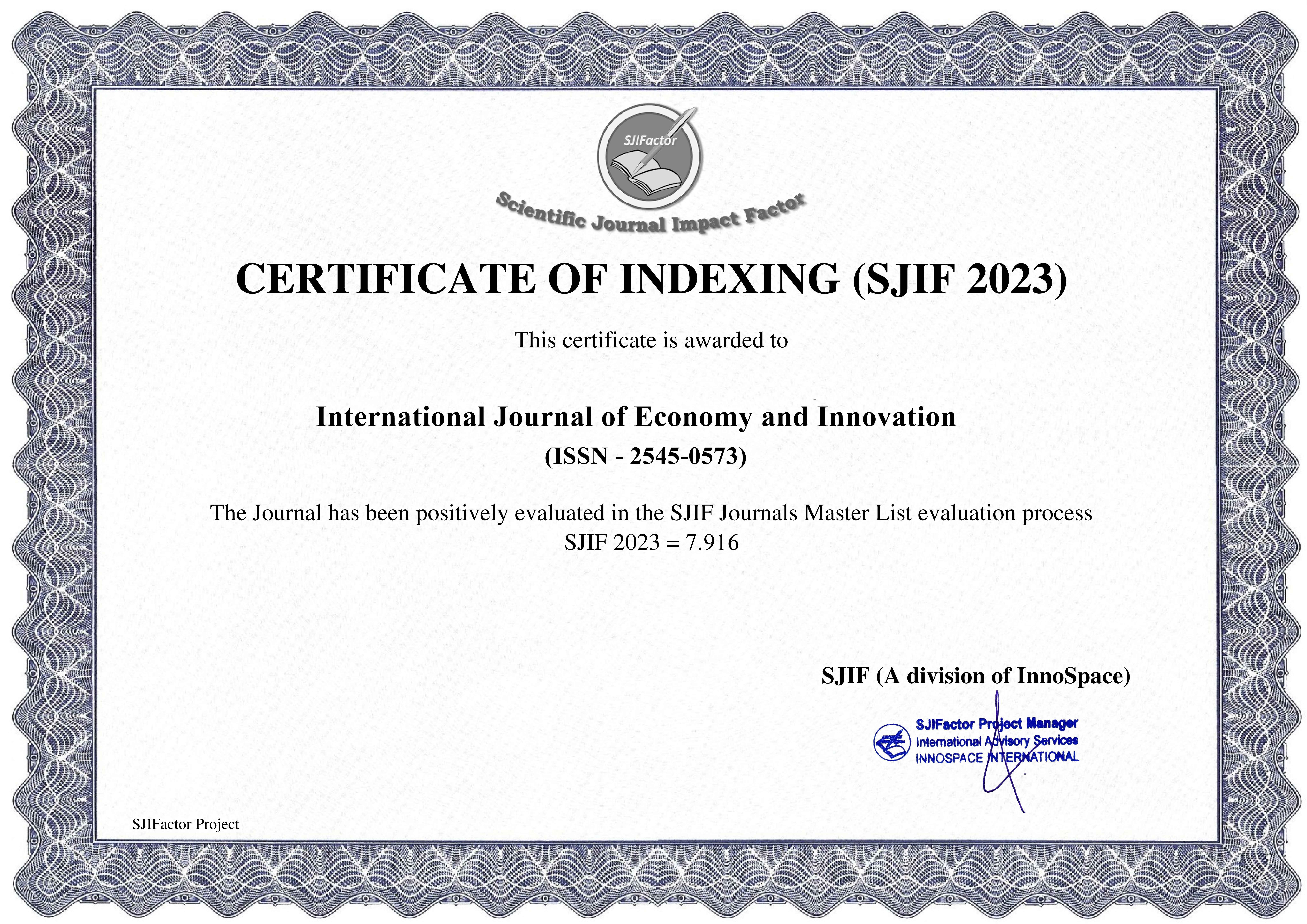THE IMPACT OF THE INTERNATIONAL ISPS CODE ON TOTAL QUALITY (TQM) IN SEAPORTS A CASE STUDY OF UMM QASR PORT IN BASRAH
Keywords:
International Code, Total Quality, Seaports, Umm Qasr PortAbstract
The study examines the effects of the International ISPS Code on overall quality in seaports, with a specific focus on the difficulties encountered during its implementation at Umm Qasr Port in Basrah. The text examines the impact of the International Code on port operations, specifically in terms of increasing maritime trade and improving personnel skills. The objective is to assess the influence of the International Code on overall quality management in seaports, employing a descriptive-analytical method and a questionnaire for data gathering. The study discovered substantial correlations between the International Code and crucial metrics of performance in port operations. The study identified the effects of increasing marine trade, comprehending all port activities, ongoing growth of port operations, and investing in personnel skills. The results emphasise the significance of the International ISPS Code in enhancing security, safety, and operational effectiveness in seaports. This research is essential for the management and security of the maritime sector. The International Code's effects on seaport operations are disclosed, providing valuable information for port authorities and regulatory organisations to make informed decisions. Gaining a comprehensive understanding of these consequences can result in the implementation of enhanced security measures, operational procedures, and a stronger competitive position in the global maritime commerce industry. In conclusion, the research enhances the safety, efficiency, and quality of seaport operations, which is advantageous for all parties involved in the marine sector.

















